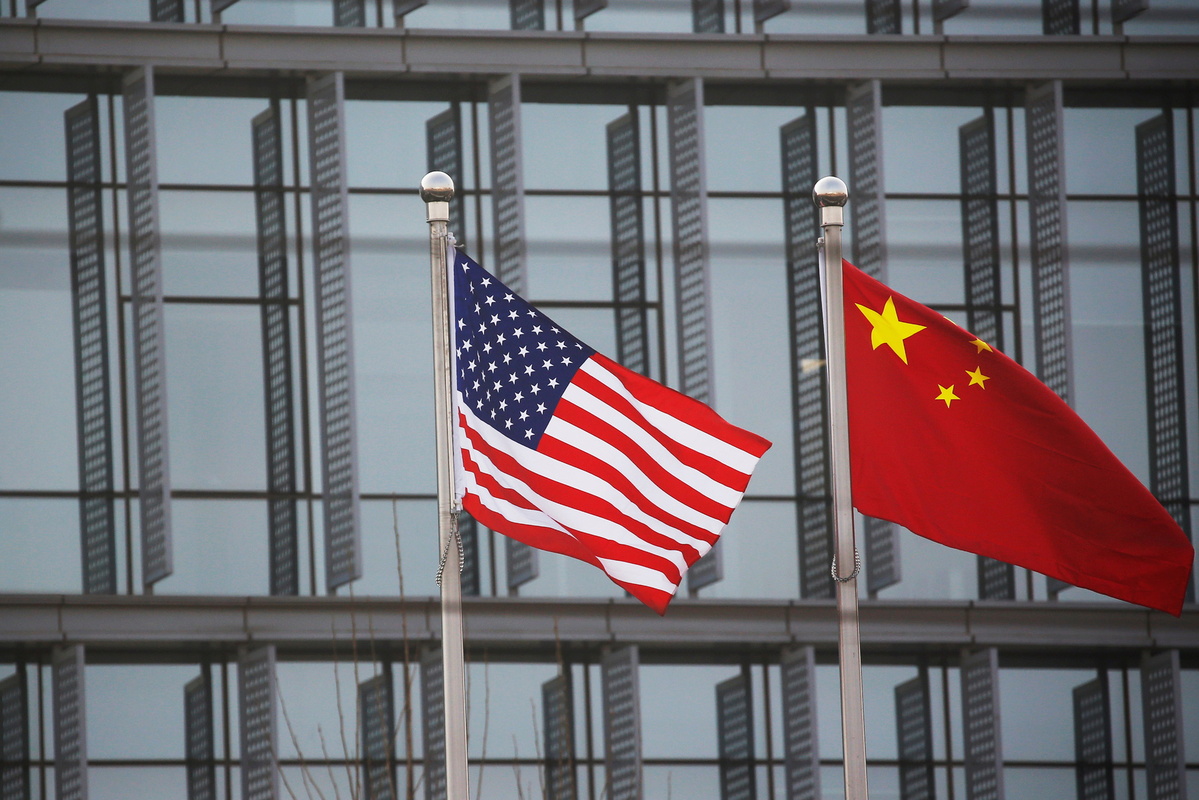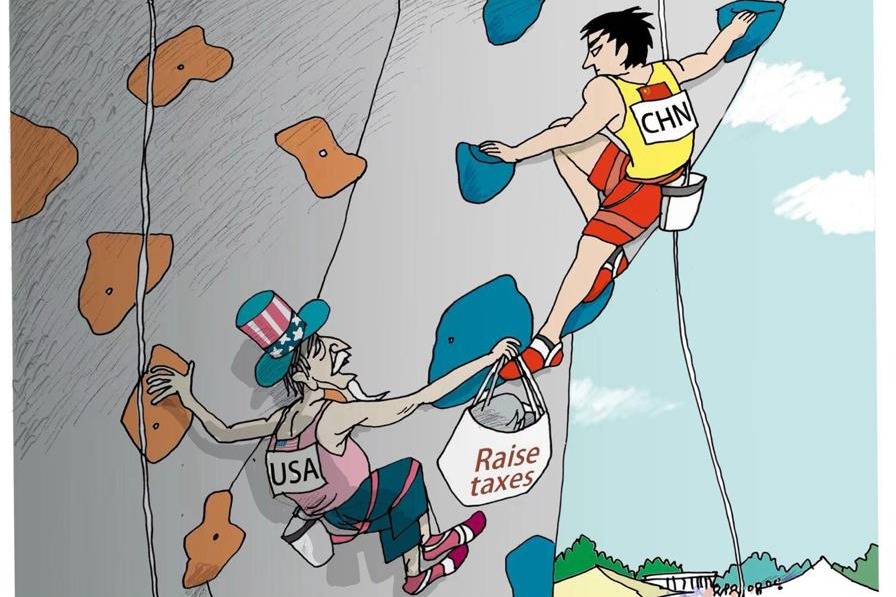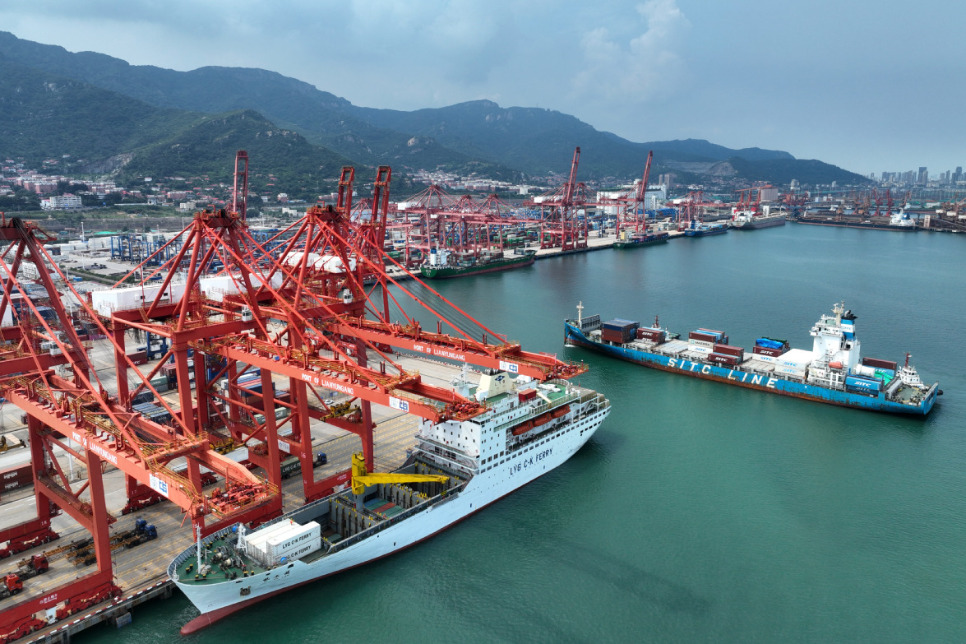Economic and financial exchanges intensify macro policy coordination


The China-US Economic Working Group held its seventh meeting in Johannesburg on Dec 12.
And the China-US Financial Working Group held its seventh meeting in Nanjing, Jiangsu province, from Sunday to Monday.
At a time when the macro policies of both China and the United States are in a critical period of adjustment, with the US being in a government transition, the renewed communication sends an important signal that the two countries will maintain smooth communication channels in economy and finance.
At the Johannesburg meeting, the two sides held candid, in-depth and constructive talks on their macroeconomic policies and their joint response to global challenges. The Chinese side expressed concern over the economic and trade restrictions the US is imposing on China.
And at the Nanjing meeting, the two sides had professional, pragmatic, candid and constructive communication on the global economic and financial situation and monetary policy, financial stability and supervision, international financial governance, securities and capital markets, anti-money laundering and anti-terrorist financing, and other financial policy issues of concern to both countries.
The China-US economic and financial working groups are part of a communication mechanism established to implement the important consensus reached between the heads of state of the two countries at the Bali and San Francisco summits.
China's central authorities have made clear that the country will implement a more proactive fiscal policy and a moderately loose monetary policy, while the US is in a transition period, during which its future policies remain rather uncertain. When the specific details of the macro policies of the two countries are yet to be further analyzed and deployed, this is a good opportunity for mutual communication and coordination.
Since the beginning of this year, the US has hyped up China's "excess capacity" and even imposed export control measures on 136 Chinese entities in the semiconductor industry. That the US recently said it would impose higher tariffs on China has also caused grave concern in China. In fact, Chinese industries that have been subject to the US' punitive tariffs have maintained a growth trend, while it is US consumers that have to pay the price for higher tariffs.
The two sides should continue to strengthen their dialogue and communication to enhance mutual understanding and consensus on many issues of common concern.


































